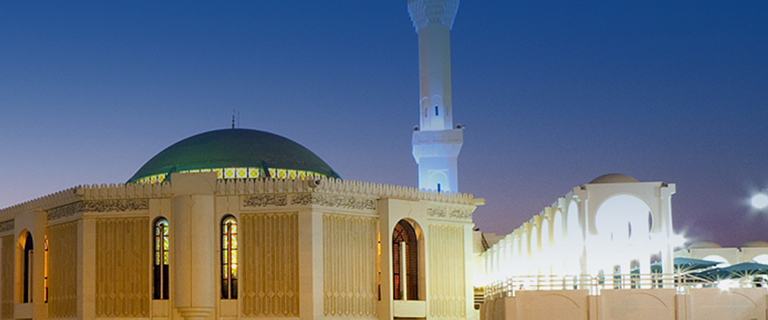Jazan City establishes primary industry and downstream industry

Chawal 1427H (2006) On the 13th, King Abdullah bin Abdulaziz Al Saud, the trustee of the two holy mosques (may Allah have mercy on him), issued an order to establish Jazan The city’s main and downstream industries are ordered. The industry started to develop in the Jazan area. The task has been assigned to the Saudi Arabian General Investment Authority and then the Economic City Administration cooperates with the Ministry of Petroleum and Minerals and Saudi Aramco to modify the overall layout of the city and conceptualize its management and development.
Assign the management and operation of the city to the Royal Commission
On the 9th of Shawwal 1436H (2015), King Salman bin Abdulaziz Al Saud, the custodian of the two holy mosques – May Allah protect him, issued a royal order to assign the Royal Commission to Jubail and Yanbu to manage and operate the city of Jazan. Industries and downstream industries, becoming the fourth industrial city managed and operated by the Royal Commission, joining Jubail, Yanbu and Ras Al Khair industrial cities.
The city’s strategic location for primary and downstream industries Jazan City is located on the Red Sea coast at the southwestern tip of the Kingdom of Saudi Arabia. It is located 66 kilometers north of Jazan city and 20 kilometers west of Bish. The coast is 11.5 kilometers long. Because it is close to international transportation routes and the Horn of Africa, it has a strategic location.
relative advantage
The area of primary industry and downstream industry in Jazan City is nearly 106 square kilometers. Its advantage is that it can provide labor, and is close to the new international airport and the planned railway connecting Jazan area and Jeddah, with a total length of 660 kilometers. The construction of the Jazan refinery is currently underway.
The target industry has
Develop a plan to localize the heavy industry, petrochemical industry, mining industry and downstream industries in Jazan City for primary and downstream industries, provide bio-energy supply, localize shipbuilding, and utilize mineral, agricultural, wildlife, and fish resources .



